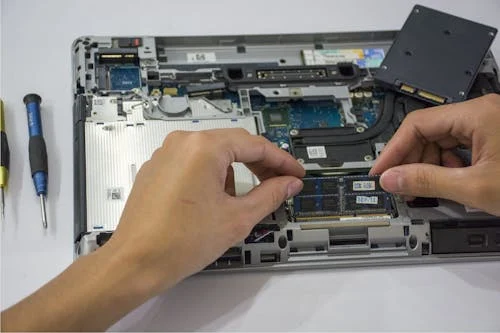When a laptop won't charge, it can be a frustrating issue, but several steps can be taken to troubleshoot and potentially resolve the problem:
Check the Power Outlet: Ensure that the power outlet is functioning correctly by testing it with another electronic device. If the outlet is faulty, try a different one.
Inspect the Charging Cable: Examine the charging cable for any visible damage such as frayed wires or bent connectors. If issues are found, consider replacing the cable with a compatible one.
Verify the Connection: Ensure that the charging cable is securely connected to both the laptop and the power outlet. Sometimes, loose connections can prevent charging.
Remove the Battery: If your laptop has a removable battery, try removing it and reseating it. This can help reset the battery connection.
Check the Power Adapter: Confirm that the power adapter is functioning correctly. If possible, test the laptop with another compatible power adapter to rule out adapter issues.
Inspect the Charging Port: Examine the laptop's charging port for any debris, dust, or damage. Clean the port gently with compressed air or a small brush to ensure a proper connection.
Update BIOS/UEFI: Check if there are any available updates for your laptop's BIOS or UEFI firmware. Manufacturers often release updates that address power-related issues.
Seek Professional Help: If the problem persists, it may indicate a hardware issue. Consult the laptop's warranty or contact the manufacturer's support for further assistance, or seek help from a professional technician.

By systematically going through these steps, you can often identify and resolve the issues preventing your laptop from charging.
Read also: Why is my laptop screen black after startup